
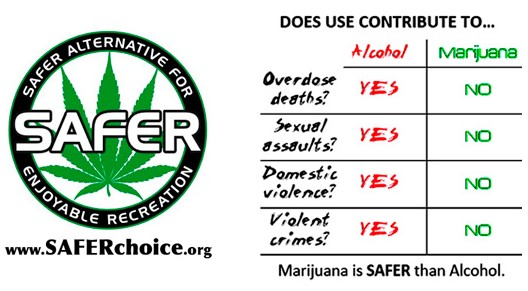
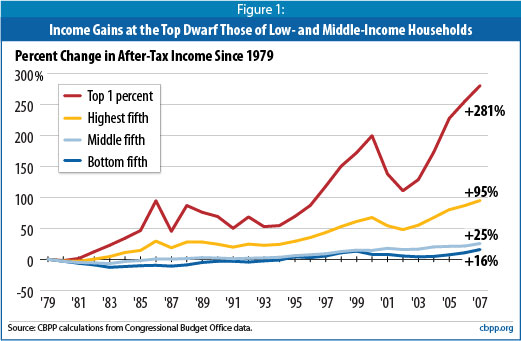
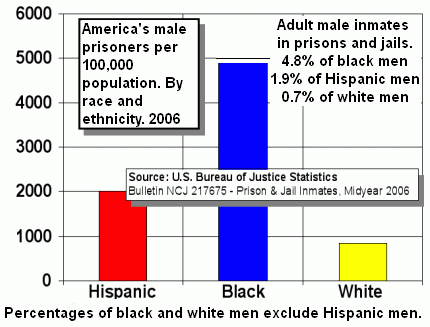
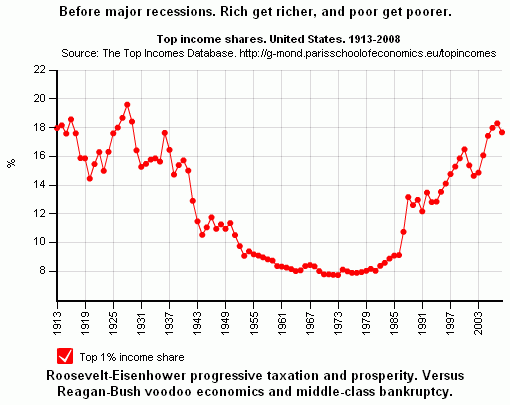
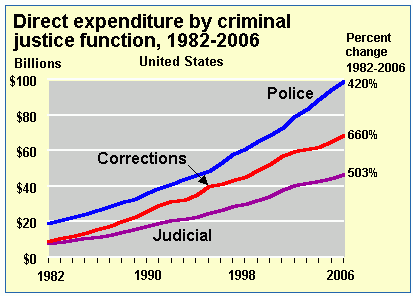
| Home. Contact. |
| See: Global Marijuana March. ~600 different cities since 1999. First Saturday in May. City lists: 1999 2000 1. 2. 3. 4. 5. 6. 7. 8. 9. 2010. 11 ...Search them. Add city name to search. |
| With less than 5% of world population the USA has over 2.4 million of 9.8 million world prisoners! The majority of U.S. inmates are in due to the drug war. |
| Most Republican leaders oppose cheap universal healthcare. 45,000 uninsured Americans die each year due to lack of health insurance. |
| REPUBLICANS' 1998 USA drug war legislation. They sponsored nearly all the bad bills. A summary of their 1998 drug war escalation. The Year of the Newt (Gingrich). Republicans lead, Democrats follow. Citizen initiatives fight back against fascism. | |
| Mirrors 1. 2. | Change mirror pages if problems. |
*Introduction. NEWT Gingrich. *Beginning of 1998 DPF email. *1998 citizen INITIATIVES. *1998 drug war LEGISLATION. *Drug War charts, and more. |
      |
| Introduction. [TopLink] |
 1998 was a year of
escalation in the drug war. Newt Gingrich
was one of the Republican demagogues who again used the drug war to
whip up
typical, mindless, "law-and-order" solutions to societal problems. As
usual, Democrats, as the mindless, corporate, "left" wing of the
Republicrat corporate party, obeyed their Republican masters and kissed
Republican butt (again) concerning drug war issues.
1998 was a year of
escalation in the drug war. Newt Gingrich
was one of the Republican demagogues who again used the drug war to
whip up
typical, mindless, "law-and-order" solutions to societal problems. As
usual, Democrats, as the mindless, corporate, "left" wing of the
Republicrat corporate party, obeyed their Republican masters and kissed
Republican butt (again) concerning drug war issues. | Beginning of 1998 DPF (Drug Policy Foundation) email. [TopLink] |
| Drug War charts, and more. [TopLink] |